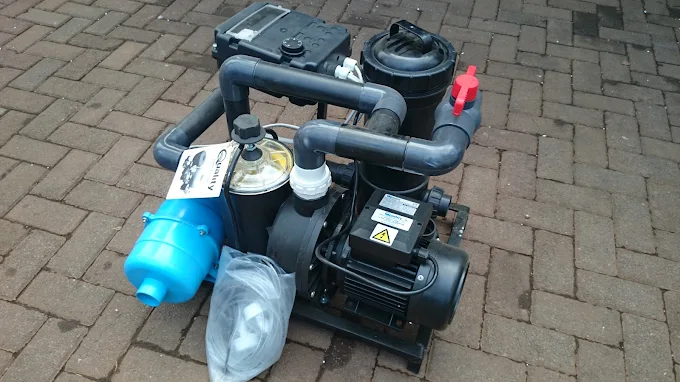
One of the most well-known benefits of aluminium pipes is their outstanding resistance to corrosion. Unlike steel or iron, aluminium forms a natural oxide layer that protects it from rust and environmental wear. This makes it especially suitable for applications exposed to moisture, chemicals, or outdoor elements.
In areas with high humidity or saline air—such as coastal regions—this property can significantly increase the lifespan of pipe systems. This not only reduces the frequency of replacements but also cuts down on maintenance costs over time.
2. Lightweight and Easy to Transport
Aluminium pipes weigh about one-third as much as steel pipes, making them much easier to handle and transport. This reduced weight offers logistical benefits such as:
- Lower shipping costs
- Easier manual handling on-site
- Reduced structural load on buildings or machinery
For projects that involve large-scale piping or elevated systems, this can be a game-changer. Contractors can install aluminium pipes more quickly and safely, thereby speeding up project timelines and reducing labor expenses.
3. High Strength-to-Weight Ratio
Despite being lightweight, aluminium pipes are incredibly strong. They exhibit a high strength-to-weight ratio, making them suitable for structural applications where both durability and low mass are essential.
Many aluminium pipe manufacturers in India now offer alloyed versions of aluminium pipes that provide enhanced strength without compromising flexibility. These pipes can withstand considerable pressure, making them suitable for use in hydraulic systems, compressed air lines, and industrial piping networks.
The combination of strength and lightweight design makes aluminium an ideal alternative to heavier materials in both commercial and industrial applications.
4. Thermal and Electrical Conductivity
Aluminium is a good conductor of both heat and electricity. This property makes aluminium pipes a preferred choice in industries where thermal performance is crucial, such as HVAC (heating, ventilation, and air conditioning) systems, refrigeration, and heat exchangers.
Additionally, its conductivity is beneficial in electrical conduit applications, particularly in situations where copper may be too expensive or heavy. The use of aluminium in these scenarios ensures efficient energy transfer while keeping costs under control.
5. Recyclability and Sustainability
With increasing emphasis on sustainable construction practices, the recyclability of building materials is more important than ever. Aluminium is 100% recyclable without losing its original properties, making it a highly sustainable option.
Using recycled aluminium requires only 5% of the energy needed to produce new aluminium from raw ore. Therefore, by choosing aluminium pipes, project managers not only reduce their carbon footprint but also support the global move towards circular economy principles.
Moreover, many leading aluminium pipe manufacturers in India have adopted eco-friendly production practices, offering pipes that align with green building standards like LEED (Leadership in Energy and Environmental Design).
Conclusion
Aluminium pipes offer a compelling set of advantages that make them a smart choice for modern construction and industrial projects. From their corrosion resistance and lightweight nature to their strength, conductivity, and environmental benefits, aluminium pipes meet the diverse demands of today’s engineering and design challenges.
As demand for durable and efficient piping solutions continues to rise, aluminium pipe manufacturers in India are stepping up with high-quality, customizable options to suit virtually any application. Whether you’re working on a residential project or a large-scale industrial installation, aluminium pipes can offer long-term performance and peace of mind. Are you planning your next project? Consider partnering with a trusted aluminium pipe supplier to explore how this versatile material can add value to your operations.




